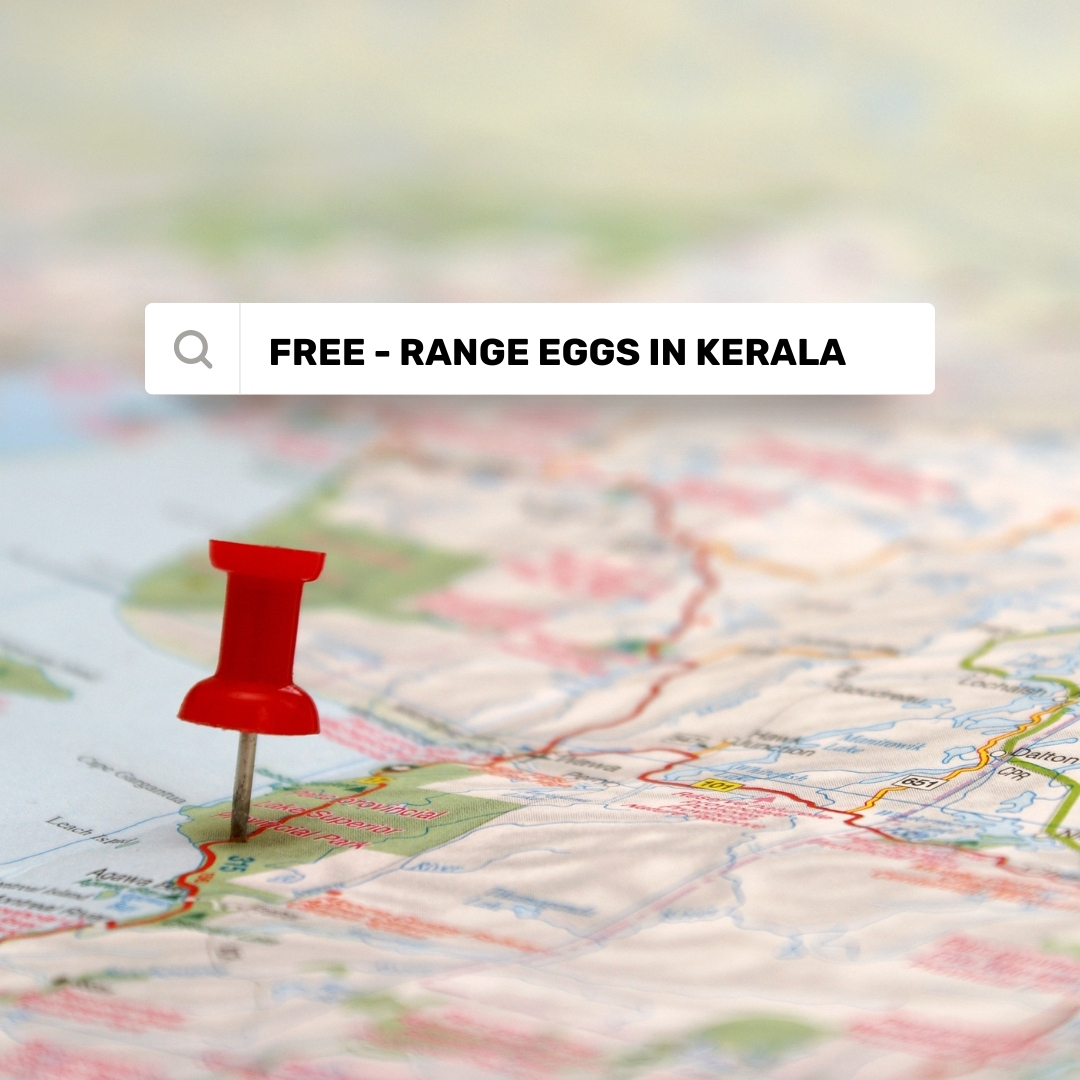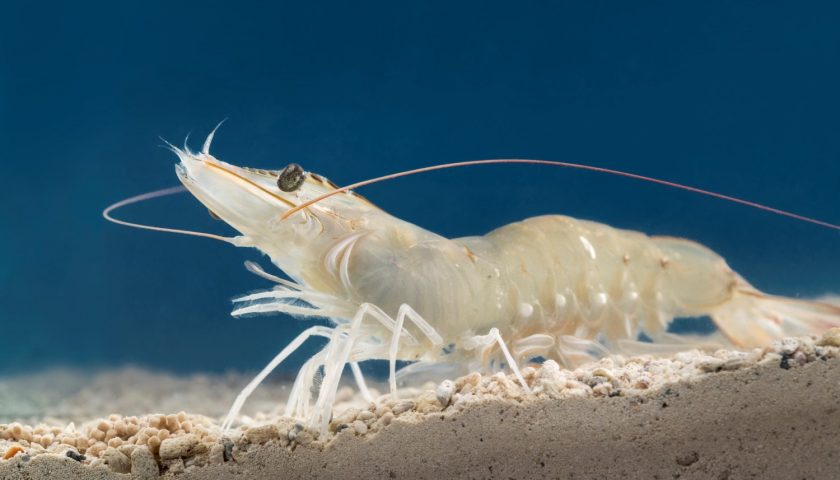The poultry market in Kerala is facing a severe shortage of free-range country eggs. Despite heightened demand, the availability of these eggs, known for their quality, has diminished significantly, leaving both consumers and retailers struggling to meet requirements. These farms typically yield a modest 100 to 120 eggs annually per chicken, pricing each egg between Rs 10 to Rs 15.
Free-range eggs are renowned for their superior nutritional profile and ethical production practices, as hens are allowed to roam freely, engage in natural behaviors, and consume a diverse diet. However, the news suggests that the supply of these eggs in Kerala is facing a significant downturn, prompting a closer examination of the factors contributing to this decline. Shopkeepers lament the infrequency of steady supplies, with only sporadic arrivals of these sought-after eggs. Instead, eggs from Giriraja breed chicken, sourced from various Kerala farms, are more commonly found and priced at Rs 10 each.
One of the primary factors cited in the report is the increasing demand for eggs in Kerala, driven by population growth and changing dietary preferences. As the demand for eggs rises, there is a corresponding pressure on the poultry industry to scale up production. In response to this demand, conventional egg farms may prioritize higher production efficiency over free-range practices, leading to a decline in the availability of eggs from hens with unrestricted access to outdoor spaces.
Meanwhile, prices of regular chicken eggs are surging exponentially. Starting from Rs 5.50 in September 2023, they reached Rs. 8 on January 1, 2024. Starting from Rs 5.50 in September 2023, they reached Rs 8 on January 1, 2024. The onset of the cold season in North India has boosted egg consumption.
Some parts of North India have witnessed egg prices exceeding Rs 8. The 20% reduction in egg production in Namakkal, Tamil Nadu, has further contribution has further contributed to the price hike. This upward price trend is expected to continue until mid-January. Moreover, regulatory challenges and lack of incentives for free-range farming could be contributing to the decline. If existing regulations favor or do not adequately support conventional egg production, farmers may be disincentivized from adopting free-range practices. Policymakers and regulatory bodies play a crucial role in creating an environment that encourages and rewards sustainable and ethical farming practices.
As per the Kerala Development Report 2021, Poultry meat and egg has been the fastest growing revenue earning sector. Gross State Value Added (GSVA) of Livestock components have grown from 23 to 26.7% over the years 2012 – 2019. At the same time GSVA in the agriculture sector has fallen from 60 to 53.2%. The Govt. of Kerala envisage a growth of 4% per annum in the Poultry sector as a pre- requisite to attaining sustainable growth in the coming years. The fact that 10 crore broiler chicks are imported into the State annually reveals the huge potential for commercial and community rearing of broiler birds. In 2018-19 the egg production in the State was 218.1 crore and the imports stood at whooping 254.8 crore. Clearly the domestic broiler rearing & layer rearing if managed successfully can bring down the huge difference, thereby improving the financial status of the farmer community.





